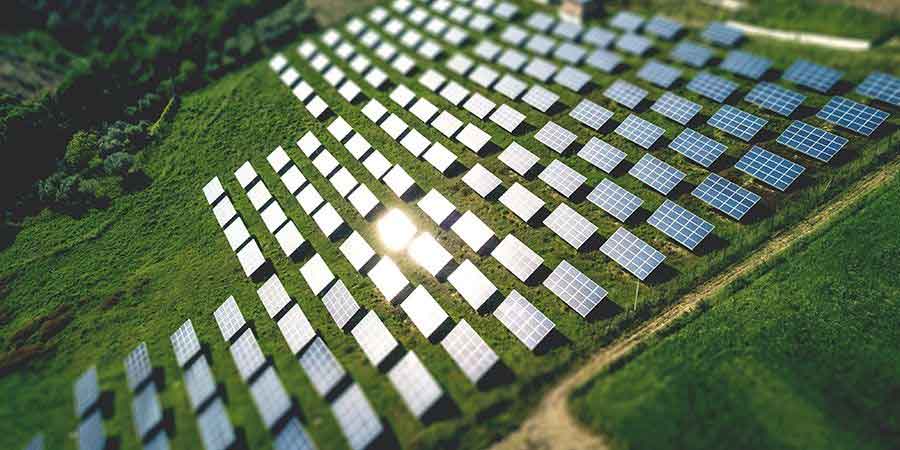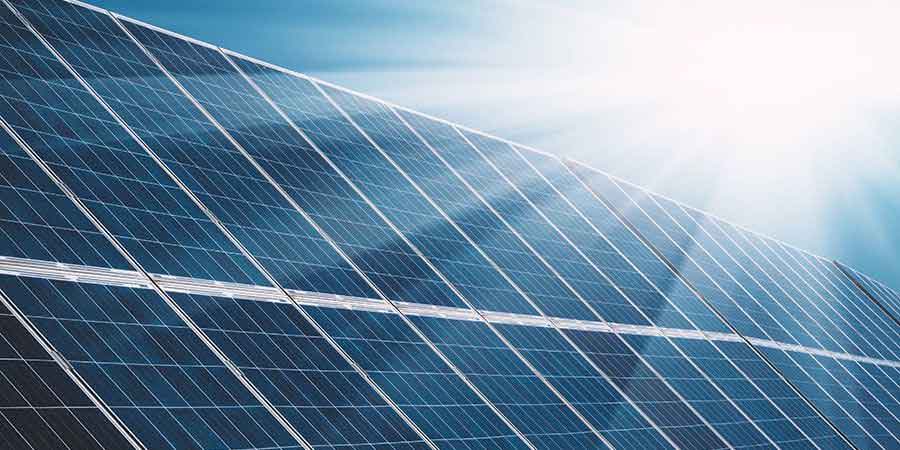The Massachusetts SMART Program
Discover the new incentive “SMART” program and how community solar can help.
Interested in community solar?
Let our solar specialists help you join today!
Sign UpSolar Massachusetts Renewable Target (SMART) Program
Massachusetts has consistently shown its commitment to renewable power and solar generation in particular. Not only has the Commonwealth historically provided meaningful incentives to residents and businesses for rooftop solar installations, but Massachusetts has also encouraged clean, local energy by promoting Community Solar development.
Beginning with the Solar Renewable Energy Certificates (SREC) program, incentives were available for solar providers to build renewable energy facilities throughout the Commonwealth. The SRECs from the solar generation were sold to regional utilities to enable them to meet the requirements set by the Massachusetts Renewable Energy Portfolio Standard (RPS). The SREC program has since paved the way for a new incentive program that launched in 2018.
This new program is called Solar Massachusetts Renewable Target program or “SMART.” Administered by the Massachusetts Department of Energy Resources (DOER), SMART was created to provide a longer-term program that promotes cost-effective solar deployment throughout Massachusetts. One of the key goals of SMART is to enable solar companies to develop solar projects across the Commonwealth to help clean Massachusetts’ electric grid while also expanding solar access to more residents and small customers.
How Does the Massachusetts SMART Program Work?
The three main utility providers in Massachusetts – Eversource, National Grid, and Unitil – partnered with the DOER to encourage the development of solar photovoltaic (PV) technology. The SMART program will support 1,600 MW of new solar generating capacity. This is a “declining block” program, which means incentives are gradually reduced over time as more projects are developed and the blocks are used. For the average consumer, the declining block incentive means that those who reside in a coverage area served by a smaller utility may see the SMART program capacity used up more quickly.
Each utility has established their own blocks within their distribution territory that will decline in incentive levels between each block. This means that an incentive rate has been established for those who develop solar projects. Baseline incentive rates were created by each of the three utilities. The rates are based on project size, ranging from projects less than or equal to 25 kW AC to up to 5,000 kW AC. One of the benefits of the SMART program is that it reduces uncertainty regarding incentive rates by providing solar providers with a specific incentive level per kWh of generation. Homeowners who are installing rooftop solar panels typically fall into the less than or equal to 25 kW AC incentive rate category, as the average rooftop system size in the US is only 5 kW, or 5,000 watts.
Both residents and solar providers are eligible to apply to the SMART program. No program is too big or too small. The incentive rate that new projects receive will be based on the size of the solar project.
How Do You Apply to The Massachusetts SMART Program?
Those interested in applying to the SMART program would do so through one of the three main utility providers in the Commonwealth (Eversource, National Grid, and Unitil). To streamline the process and make it fair for all parties involved, a company called CLEAResult has been selected as the Solar Program Administrator. This encourages companies and residents to develop solar projects throughout the state and allows development to be regulated in a fair manner. All eligible solar projects must apply and be approved through one of the three participating utility companies. Community solar providers typically enroll their customers directly so that participation is free of any additional steps or hassle.
Changes to The SMART Program
In 2020, amid the global coronavirus pandemic (COVID-19), DOER and Governor Charlie Baker announced that the SMART program would be expanded. In fact, the program doubled in size to include a total capacity of 3.2 GW. The addition of this new regulation doubled the total number of blocks available through the SMART program from 8 to 16. The regulation also added new requirements that 5% of each block be reserved for projects serving low-income customers.
Community Solar and the Massachusetts SMART Program
Community Solar farms are a meaningful part of the SMART program. Community Solar projects are PV farms that expand renewable energy access to a larger variety of residents who may be interested in solar but do not want to install rooftop panels.
Community Solar is an especially good option for the 75 percent of Massachusetts residents who cannot access rooftop solar because of physical or financial constraints involving their roof (including renters, multi-family dwellings, homes with pitched and shaded roofs, historically designated properties and many others). The SMART program was designed to incentivize residents to invest in rooftop solar technologies, but installing rooftop solar panels is not a practical option for some, or an available option for others.
When Community Solar projects are developed through the SMART program, solar energy becomes an option for more Massachusetts residents. Homeowners and renters alike can subscribe to their local solar farm and be a part of the challenge that has been set forth to become carbon neutral by 2050. In turn, participating residents receive credits back on their electricity bill. These credits help offset the cost of electricity based on how much a particular solar farm has offset the load on the utility grid. Community Solar projects like Clearway’s also contribute to more than 10,400 solar jobs across the state.
Clearway Community Solar (“Clearway”) has a significant number of solar farms in Massachusetts that are active or in development. The Clearway solar farm in Spencer, Massachusetts, is currently the largest Community Solar farm in the United States. Plus, more recently, Clearway completed two projects that were additionally both paired with energy storage. Just those two projects combined will bring 8.6 MWh of energy storage to the Commonwealth. Energy storage helps the keep the flow of electricity steady and further advances Massachusetts energy goals in a positive way.
Just like the Massachusetts SMART program, Clearway Community Solar is striving for a clean energy future. Community Solar projects make solar energy accessible without the hassle. If you are interested in learning about how you can participate in a local Community Solar project in Massachusetts, we encourage you to reach out today.



